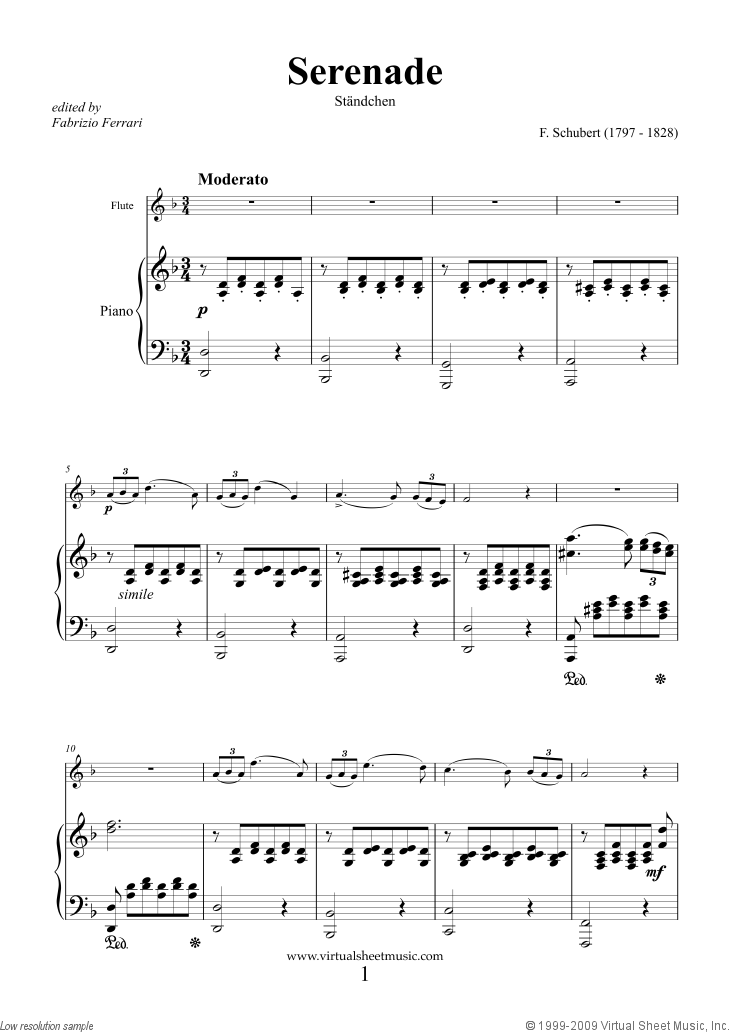

If it is completely white simply click on it and the following options will appear: Original, 1 Semitione, 2 Semitnoes, 3 Semitones, -1 Semitone, -2 Semitones, -3 Semitones. You can do this by checking the bottom of the viewer where a "notes" icon is presented. Most of our scores are traponsosable, but not all of them so we strongly advise that you check this prior to making your online purchase. If not, the notes icon will remain grayed. If transposition is available, then various semitones transposition options will appear. In order to transpose click the "notes" icon at the bottom of the viewer. After you complete your order, you will receive an order confirmation e-mail where a download link will be presented for you to obtain the notes.

Suddenly he stopped, and pointing to a poem, exclaimed, 'such a delicious melody has just come into my head, if I but had a sheet of music paper with me.' Herr Doppler drew a few music lines on the back of a bill of fare, and in the midst of a genuine Sunday hubbub, with fiddlers, skittle players, and waiters running about in different directions with orders, Schubert wrote that lovely song.This week we are giving away Michael Buble 'It's a Wonderful Day' score completely free. Tieze had a book lying open before him, and Schubert soon began to turn over the leaves. "One Sunday, during the summer of 1826, Schubert with several friends was returning from Potzleinsdorf to the city, and on strolling along through Wahring, he saw his friend Tieze sitting at a table in the garden of the 'Zum Biersack.' The whole party determined on a halt in their journey. The circumstances of its composition as told by Schubert's biographer, Von Hellborn, are of more than ordinary interest. It was originally composed as an alto solo and male chorus and was subsequently rearranged for female voices only. It is simply a lovely melody from first note to last, written upon the inspiration of the moment, and yet characterized by absolute perfection of finish and a grace and beauty of which one never tires. it is so familiar that it needs no analysis, nor is one necessary from any point of view. Schubert's immortal "Serenade" was written in 1826.


 0 kommentar(er)
0 kommentar(er)
